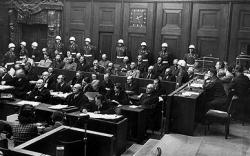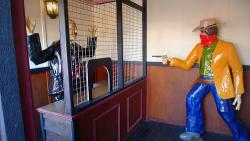
My teaching primarily focuses on forensic rhetoric and the role of narrative, memory, and proof in disputes about past events. This classically includes legal disputes, although it extends far beyond them. In the course I’m teaching now, entitled Rhetoric and the Law, I challenge students to consider the importance of rhetoric to interpretations of evidence in legal disputes, the use of analogical argument in appeals to precedent, and the significance of the adversary system of justice as a dispute resolution model.


